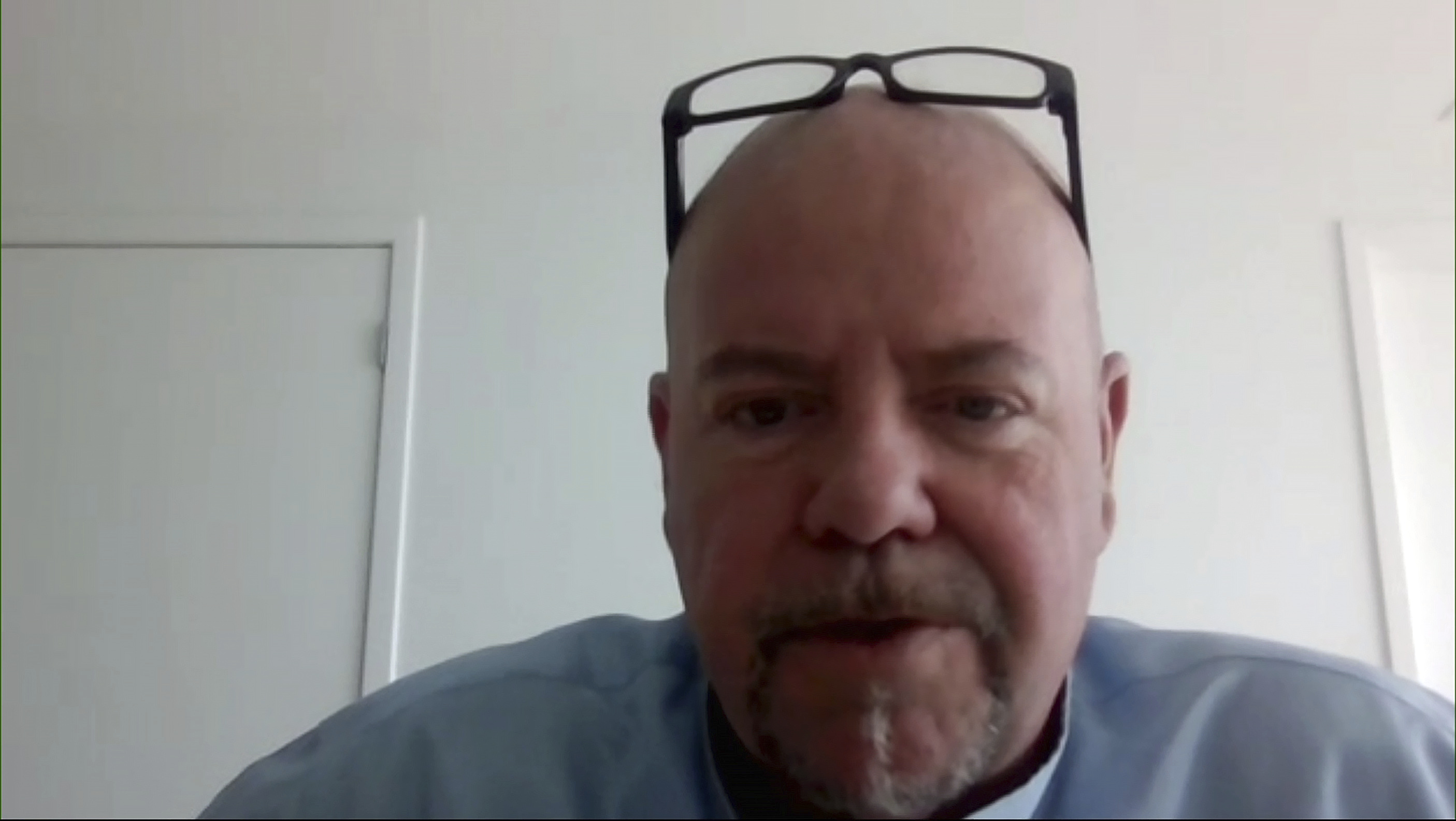(NECN: Josh Brogadir - Weymouth, Mass.) - On November 6, voters in Massachusetts have more than just a Senate candidate and presidential candidate to pick.
There are a number of key questions on the ballot, and Question 2 has quickly become emotional: It has to do with end-of-life treatment for terminally-ill patients.
The Catholic church is one of its biggest opponents, and on Wednesday, NECN’s Josh Brogadir stood outside St. Jerome's in Weymouth, Mass., where one of several workshops was being held to encourage parishioners to vote no on Question 2.
This one is especially emotional, as it is a vote that allows physicians to prescribe medication to end life.
No one said these ballot questions were going to be easy.
Jim Carberry of Natick, Mass., watched his wife Margie battle a clival cordoma, a cancerous tumor at the base of her skull.
"Sometimes you'd get a reaction, her hands would move, or her eyelids would move but we weren't really sure all the time," Carberry said.
Local
But it wasn't until May of last year that she began hospice-- and the end of her life came at age 51.
"She got to the point where there wasn't anything we could do for her, there wasn't anything the doctors could do for her, and once my daughter graduated, she went to the ceremony. All she wanted to do was die," Carberry said.
But Margie never got that choice, and Jim is fighting to give other terminally-ill patients in Massachusetts that chance.
"She should have been able to say, 'I want you all to come on this day,' and then she should have been able to take medication to end her suffering," Carberry said.
But Dr. Barbara Rockett of the group Physicians Against Assisted Suicide disagrees.
"It absolutely destroys the trust that has been taught to us, with the physician-patient relationship being broken down," she said.
John Kelly of the group, Second Thoughts: People with Disabilities Opposing Question 2, holds a similar perspective.
"[This] puts people at risk," he said. "This is a very dangerous bill."
Here are the 3 stipulations of Massachusetts Ballot Question 2: Doctor-assisted suicide:
1. A patient must be mentally capable of making health care decisions.
2. He or she must be diagnosed by physicians as having an incurable, irreversible disease that will cause death within six months.
3. And he or she must voluntarily express a wish to die.
"Psychiatric treatment is not required as a prerequisite for giving the medication to the patients, and so many of these patients are depressed," Dr. Rockett said.
The proposed law is often called "death with dignity," but even that is a disputed point.
"That's ludicrous. Suicide is never dignified," Dr. Rockett said.
Carberry added, "There's nothing dignified about wasting away in front of everyone. [Margie] should have been allowed to end her life while she had most of her faculties."
We'd encourage you either way to read for yourself. This ballot question and the two others can be found on the Secretary of the Commonwealth's website here.



